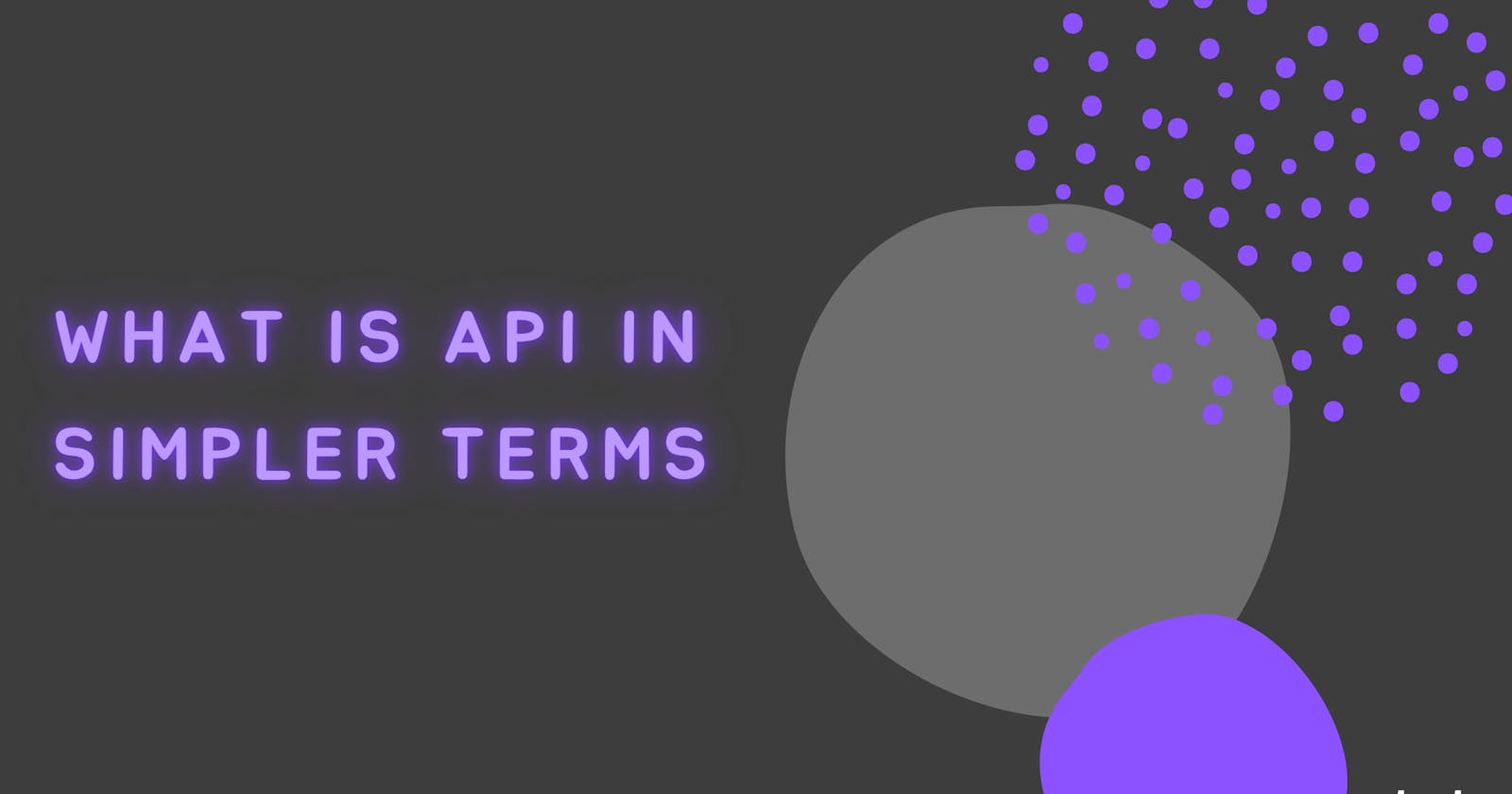Table of contents
An API simply enables everyday apps you use to talk to each other. Google Analytics to talk to Slack. Salesforce to Gmail. PayPal to QuickBooks.
Before we dive deeper here's a response from chatGPT that'll set the context. We asked it to explain API to a 5-year-old:
Okay, let's imagine you have a toy chest with different toys in it. Each toy can do different things, like a toy car that can drive, a toy robot that can talk, and a toy boat that can float. But all these toys are closed boxes and you can't really play with them. But what if there was a magic key that can open the boxes? That magic key is called an API. When you use the key, it allows the toys to talk to each other and play together. It helps different toys to work together and makes playing with them more fun.
Let's see how this translates to your everyday work as a marketer, salesperson or HR executive -
Marketer
You are probably using an analytics tool such as Google Analytics. Now when there's a significant increase in traffic (>50%), you want to get an alert on your email. An API with an endpoint (fancy nomenclature for name) for traffic from Google Analytics will help make this happen. Your dev team will simply write a few lines of code that do the job of
monitoring the endpoint on Google Analytics for its value
set a threshold for the value (50%)
once the value crosses the threshold
send an alert to xyz@xyx.com
Salesperson
You are using a CRM such as Salesforce or HubSpot. When there's a new lead, you want to get an alert on Slack. The lead data is within Salesforce. Salesforce now needs to talk to Slack. Your dev team will simply write code that does the following:
monitoring the 'lead' endpoint on Salesforce every few hours
find when there's a new lead
if there's a new lead, send an alert to 'Slack user'
HR Executive
You are using an HRIS portal such as Workday or BambooHR and an ATS such as Lever or Greenhouse. When you mark a candidate as 'Hired' on Lever, you want that candidate to be created in BambooHR to being the onboarding process. Your dev team will set this up with a few lines of code:
monitor the 'candidate status' endpoint on Lever every few hours
when a candidate is marked as 'hired' >
fetch the following details - candidate name, candidate email, candidate phone, the candidate hired date
create a candidate on BambooHR with the fetched details
We hope this helped you understand what an API is in simple terms. To get the message across, we may have over-simplified how it works. It's important to note that the dev teams will spend quite some time trying to understand the API documentation of these apps and writing the code to make these integrations happen.
If you want to make it easier for your dev team, you can ask them to use tools like Truto.one, which will help them quickly set up these integrations for you.
Build +200 native integrations
Using Truto's Unified API for CRM, Unified API for ATS, Unified API for HRIS, Unified API for Accounting, and 26 other categories
